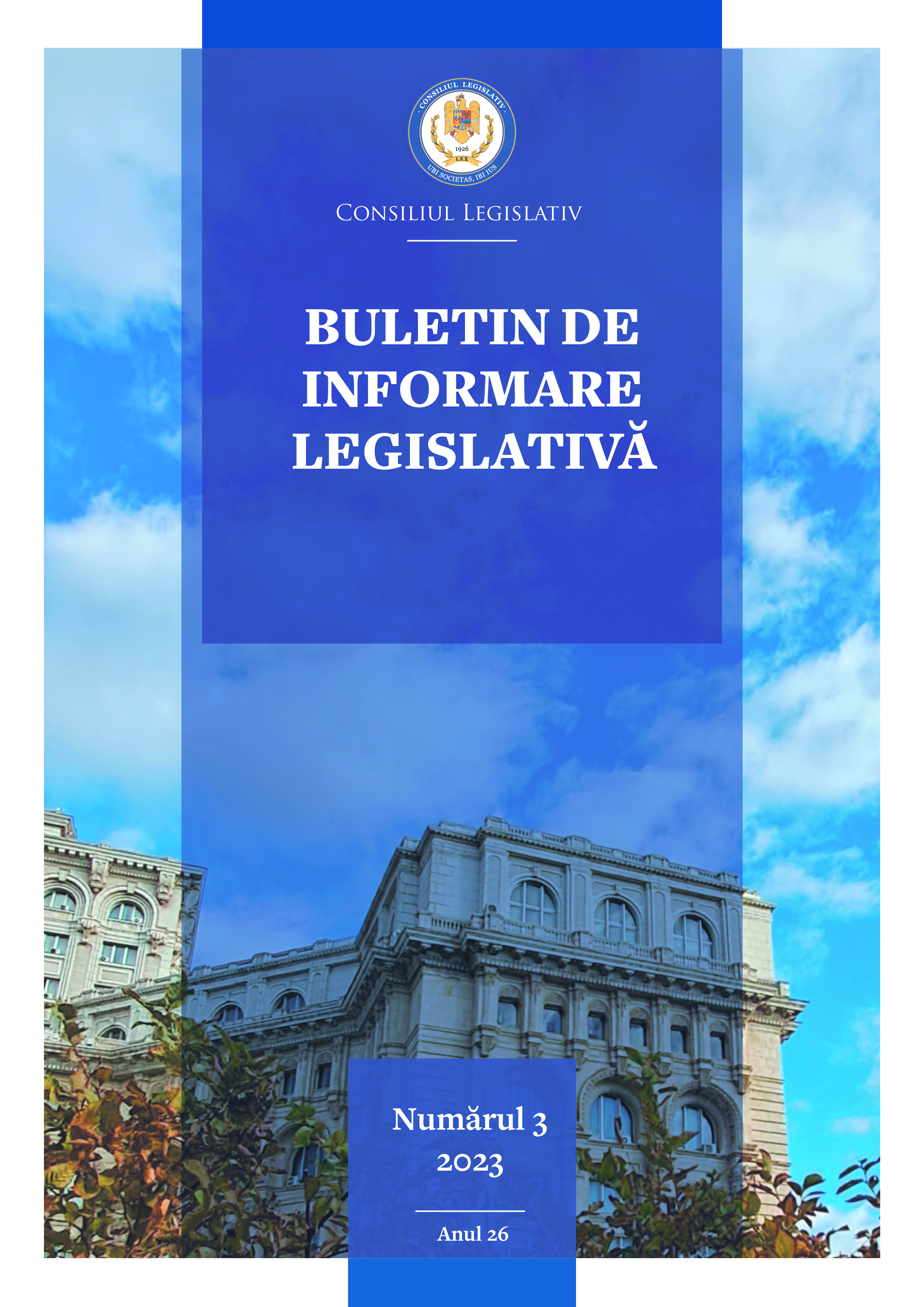Identitatea electronică și utilizarea serviciilor de încredere în statele membre ale Uniunii Europene – o abordare practică
Electronic identity and the use of trusted services in EU Member States - a practical approach
Author(s): Bogdan DobrescuSubject(s): Law, Constitution, Jurisprudence, International Law, Human Rights and Humanitarian Law, EU-Legislation, Comparative Law, Administrative Law
Published by: Consiliul Legislativ al României
Keywords: electronic identity; electronic identification; eIDAS; electronic wallet; trusted services;
Summary/Abstract: Citizens' trust in the online environment is essential for economic and social growth. Lack of trust, caused in particular by the public perception that the legal security of electronic documents is not ensured online, can make consumers, businesses and public authorities reluctant to transact electronically and to adopt new electronic services. To this end, has been adopted the Regulation (EU) No 910/2014 of the European Parliament and of the Council, also known as the eIDAS Regulation, h, which deals on the one hand with the electronic identification of natural and legal persons and on the other hand with the provision and use of trust services for electronic transactions in the internal market, namely electronic signature, electronic seal, electronic timestamp, registered electronic delivery service and website authentication. Electronic identification and trust services have countless uses for citizens (student mobility, opening a bank account, filing a tax return, etc.), businesses (financial services, online sales, professional services, transport, etc.) and public authorities. The European Commission has proposed that by 2030 at least 80% of European citizens should be able to use an electronic identification solution to access essential public services, for example through a European digital identity wallet, and that the list of trusted services should also include other categories of services such as electronic registers and electronic archiving.Thus, a proposal has been drafted to amend the eIDAS Regulation, which establishes a uniform framework for European digital identity, with EU Member States obliged to notify at least one electronic identification scheme to the European Commission within 12 months of the entry into force of the proposed amendments.
Journal: BULETIN DE INFORMARE LEGISLATIVA
- Issue Year: 1/2023
- Issue No: 3
- Page Range: 31-45
- Page Count: 14
- Language: Romanian

